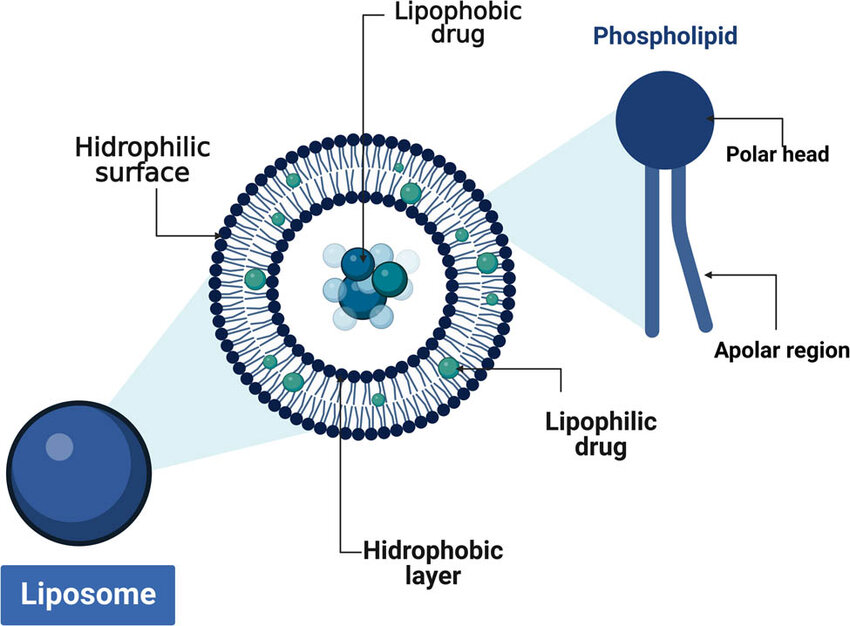Curcumin encapsulation in cocoliposome: encapsulation analysis, spectroscopic profile, and antioxidant activity
Main Article Content
Abstract
Curcumin is a natural phenolic compound from turmeric (Curcuma longa) with strong antioxidant activity, yet its application is hindered by poor bioavailability. In this study, curcumin was encapsulated in a cocoliposome system produced from coconut phospholipids to enhance stability and functionality. UV-Vis quantification confirmed successful encapsulation with an average encapsulation efficiency of 76.37%, while encapsulation capacity increased proportionally with the initial curcumin concentration (1-5mg/L). Spectroscopic analyses revealed a redshift in absorbance and a blueshift in fluorescence emission compared to unencapsulated curcumin, indicating curcumin localization within the hydrophobic region of the liposome membrane, likely along the phospholipid tails. This microenvironment enhanced absorbance and emission intensities, reflecting improved molecular stabilization. Antioxidant evaluation showed an IC50 of 31.42 mg/L, classifying the system as having very strong radical scavenging activity. Overall, cocoliposome encapsulation markedly improved curcumin’s stability, bio-accessibility, and antioxidant performance, underscoring its potential as a delivery system for functional food and beverage applications.
Article Details
Section

This work is licensed under a Creative Commons Attribution-NonCommercial-NoDerivatives 4.0 International License.

